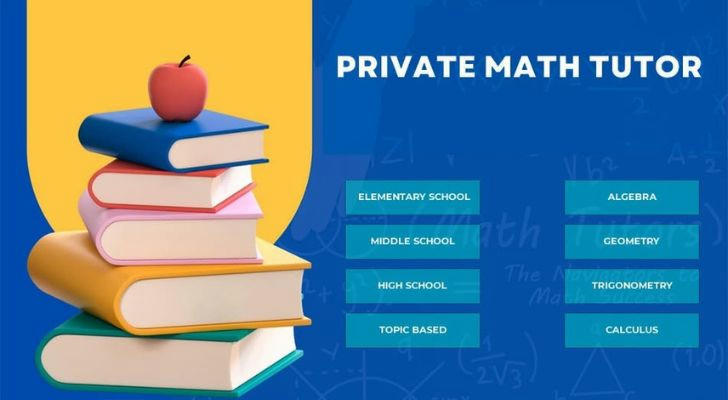How Much Does Online Math Tutoring Cost? A Practical Guide for U.S. Families
Nearly 40% of U.S. 8th graders struggle with basic algebra (National Assessment of Educational Progress, 2022), and over a third of families now turn to online math tutoring to bridge gaps. But what does it actually cost? Here’s a clear breakdown.

What Drives the Price?
Three factors shape costs: tutor expertise, session format, and student needs.
1. Tutor Expertise:
- Entry-level: College students or recent grads (math majors/education minors) charge 15–30/hour. Best for foundational help (e.g., 5th-grade fractions).
- Mid-tier: Certified teachers (3–5 years experience) with state licenses or test-prep experience (SAT/ACT) charge 30–60/hour. Ideal for grade-level gaps or test basics.
- Experts: Former competition coaches (AMC), PhDs, or AP/IB specialists charge 70–150+/hour. They target advanced courses (AP Calculus) or high-stakes exams.
2. Session Format:
- One-on-one: Most personalized but priciest (30–100+/hour). Best for urgent or complex needs (e.g., mastering calculus).
- Small-group classes (2–5 students): Split costs (12–30/student/hour). Platforms like Outschool or Preply offer structured group options.
- Self-paced tools: Cheapest (10–50/month). Apps like IXL or Brilliant use adaptive lessons for basics or critical thinking.
3. Student Needs:
- Remedial support (fixing gaps) is cheaper (15–40/hour).
- Advanced prep (AP, competition math) or last-minute test cramming (SAT/ACT) costs more (50–150/hour) due to specialized knowledge.
2024 Price Ranges (Real Data)
One-on-one:
- Entry-level: 18–28/hour (college students on Wyzant).
- Mid-tier: 40–65/hour (certified teachers on Chegg).
- Experts: 80–120/hour (AP/competition tutors).
Small-group classes:
- Outschool community classes: 10–25/student/hour.
- Preply group sessions: 12–20/student/hour.
Self-paced tools:
- IXL: 15–30/month (K–12 basics).
- Brilliant: 25–90/month (critical thinking).
- AoPS Online: 99–948/year (advanced competition prep).
How to Choose Based on Budget
- Elementary/middle school (foundations): Start with self-paced tools (15–30/month) or small groups (10–25/hour). Example: A 3rd grader struggling with regrouping might use IXL’s games before upgrading to a tutor.
- High school (remedial/test prep): Mid-tier one-on-one (40–65/hour) often works best. A junior aiming to boost an ACT math score from 22 to 25 could see results with 10 hours of targeted help.
- Advanced students (AP/Olympiads): Invest in experts (70–120/hour). A senior prepping for AP Calculus BC might spend $80/hour for 15 sessions to master integration.
Red Flags to Avoid
Skip tutors with no verified reviews, vague lesson plans, or rates below $15/hour (often unqualified). Always request a trial session to gauge fit.
Final Note
Cost matters, but value matters more. A $60/hour tutor who tailors lessons to your child’s learning style (e.g., visual aids for visual learners) often outperforms a cheaper, generic option. Check reviews, clarify goals upfront, and prioritize communication—these factors drive results more than price alone.
